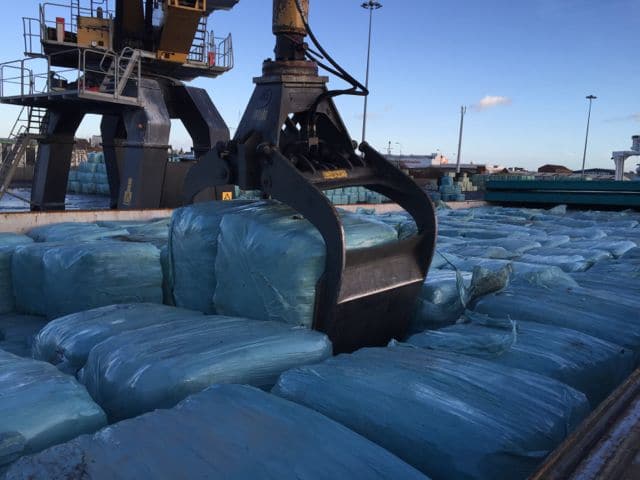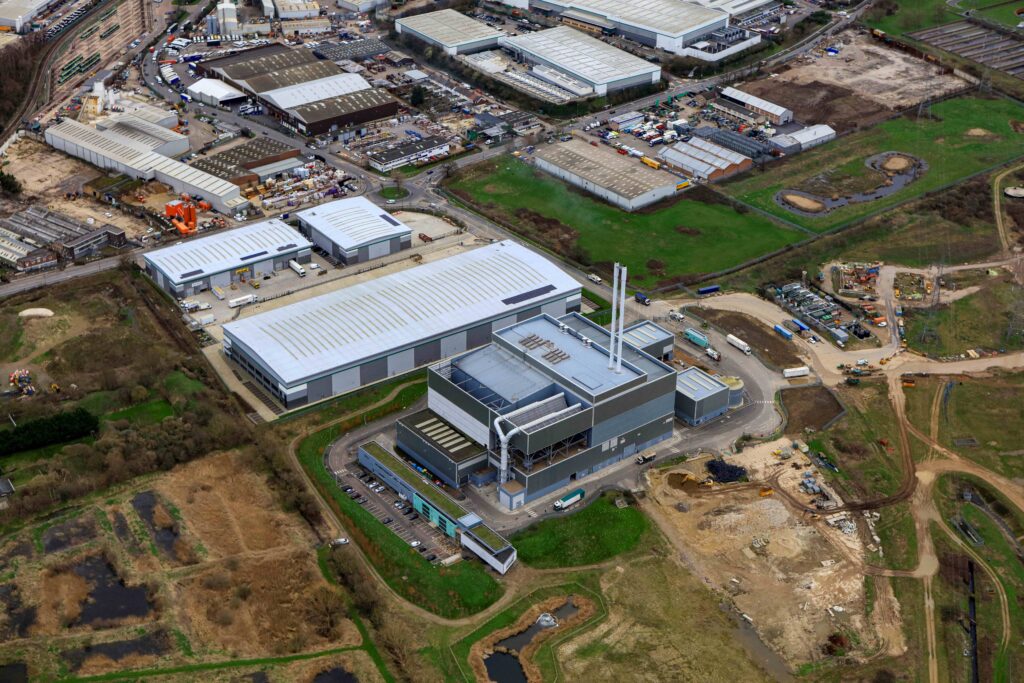Mr Hill was part of a panel speaking on the future of RDF exports at the Energy from Waste theatre on day two of the RWM Conference and Exhibition at Birmingham’s NEC.

The panel also included Pandora Rene, the Environment Agency’s senior technical adviser, Andrew Olie, manging director of Monksleigh, and Harriet Parke senior consultant at Eunomia.
Commenting on the RDF definition, which was issued by Defra in late 2015, Mr Hill said that a consultation with stakeholders over the official definition – which clarifies what government expects of waste described as RDF – had also been a waste of time for exporters of the material.
Exports of RDF to Europe have grown vastly in recent years, with shipments topping 2.7 million tonnes in 2015 – up from 272,000 tonnes four years earlier. But while this trend has been fuelled by high EfW capacity in countries like the Netherlands and Germany, some analysts have speculated that demand is likely to level off due to rising costs and competition from other European countries.
Commenting on the trend, Mr Hill said that the “biggest threat” to the RDF market was “too much regulation” – and described the establishment of a definition for the material as a “completely pointless” move by the Department for Environment, Food & Rural Affairs (Defra).
Definition
The two-line clarification was published by the department in November 2015 after months of speculation on its position, which leaves precise specifications for the composition of RDF to end-users (see letsrecycle.com story).
It states: “Refuse derived fuel (RDF) consists of residual waste that is subject to a contract with an end-user for use as a fuel in an energy from waste facility. The contract must include the end-user’s technical specifications relating as a minimum to the calorific value, the moisture content, the form and quantity of the RDF.”
Mr Hill, who said Defra’s definition of RDF was “common sense”, added: “RDF is reasonably healthy but it has a limited life. We are already seeing the impact of growth in other European countries. In my view SRF has a significantly more positive future.
“In 2017 there will be 10 million tonnes of energy from waste capacity, but that still leaves a significant gap to deal with all of our materials.”

Agency
Addressing Mr Hill’s remarks, Ms Rene defended Defra and the Environment Agency’s work on drafting the definition. She said: “We did not ask you as elsewhere in Europe where they set standards for calorific value and manufacturing. All we have said is you should include the composition of some of the waste.
“We have left it up to the end user to say what they want from the person they’re getting it from.”
On the “bright” future for SRF exports, Ms Rene added: “We are not there to interfere with the markets but we are there to make sure the waste hierarchy framework is being complied with. If SRF market is driving that down we may have to consider what we do.”
Tax
Towards the end of the session, Mr Olie suggested that the government could look at taxation as a way of ensuring exports of waste to Europe do not hinder the development of domestic energy from waste capacity.
He said: “If you are HMRC looking to fill your pot back up with money to make up for the shortfall on Landfill Tax then this is somewhere they could start. This could encourage infrastructure delivery and keep material in the UK.”
- To find out more about the future of RDF, head over to letsrecycle.com’s annual conference in London next month. For more details click here.








Subscribe for free